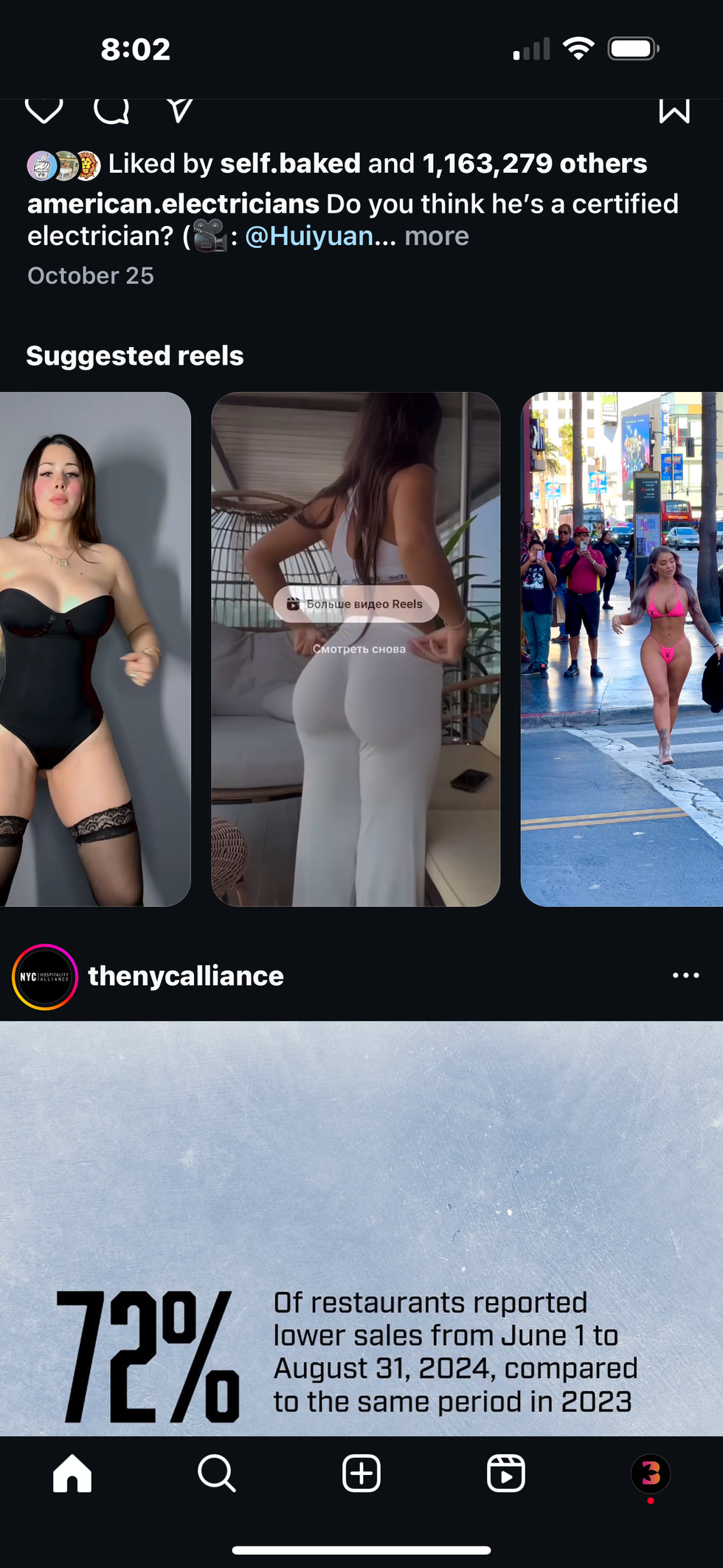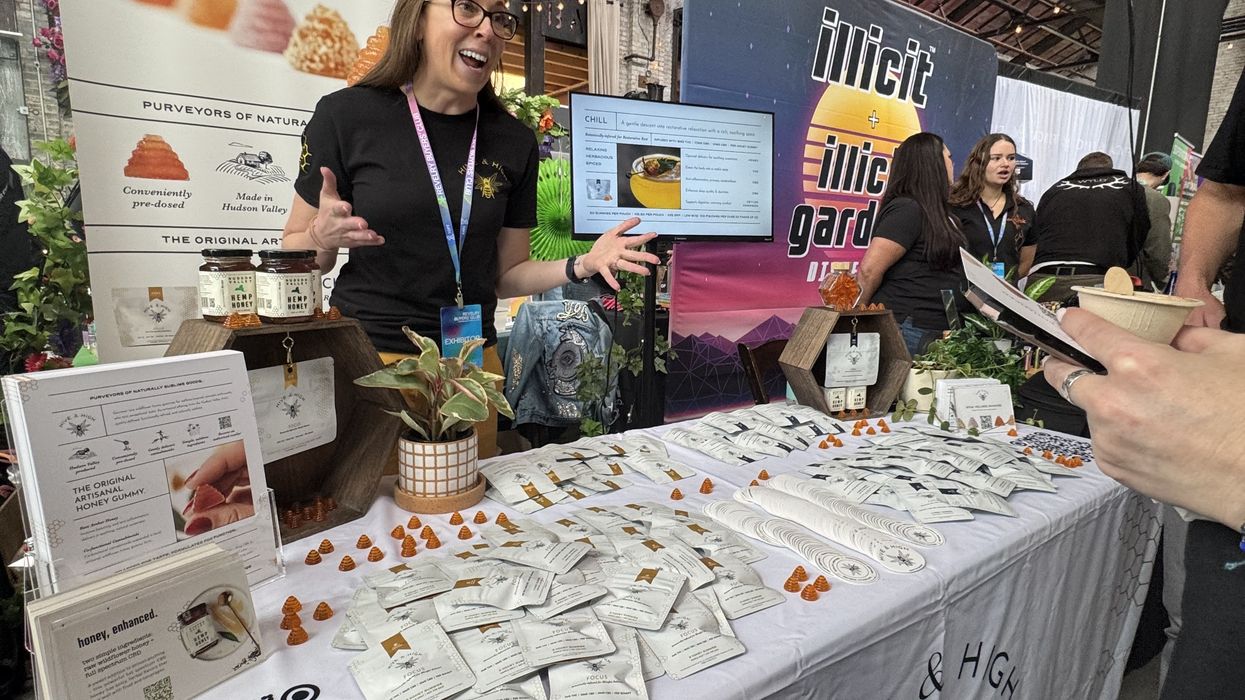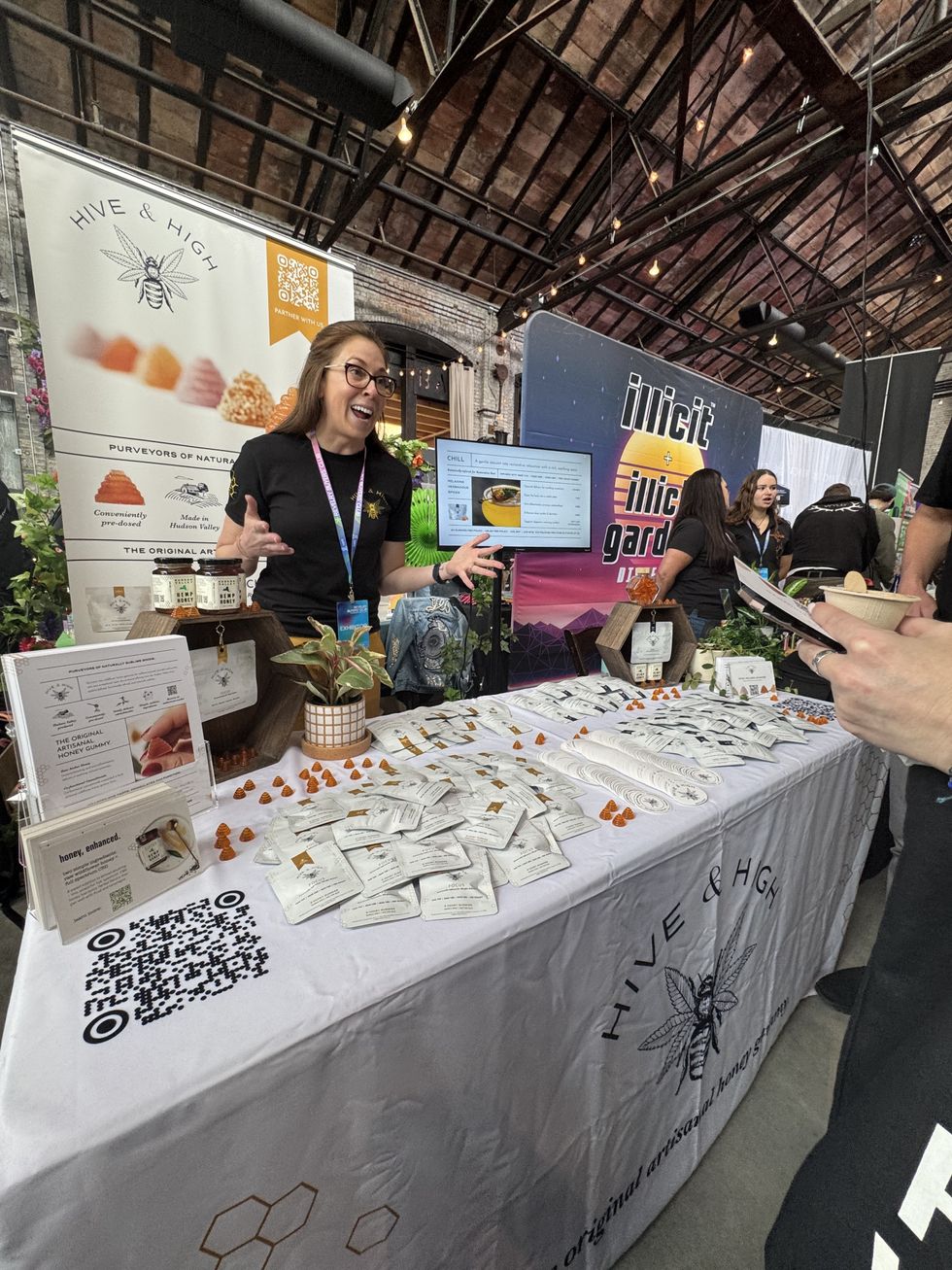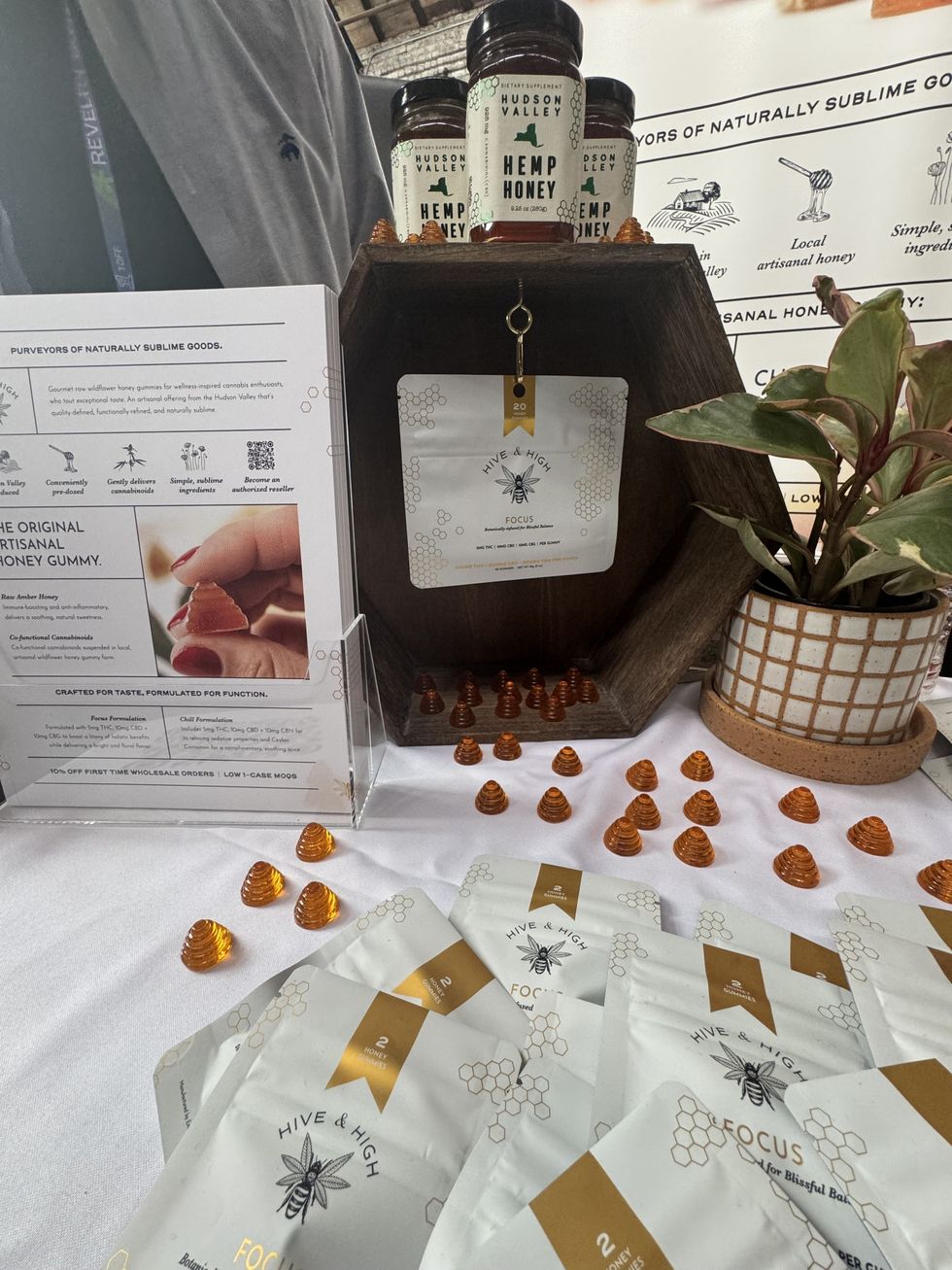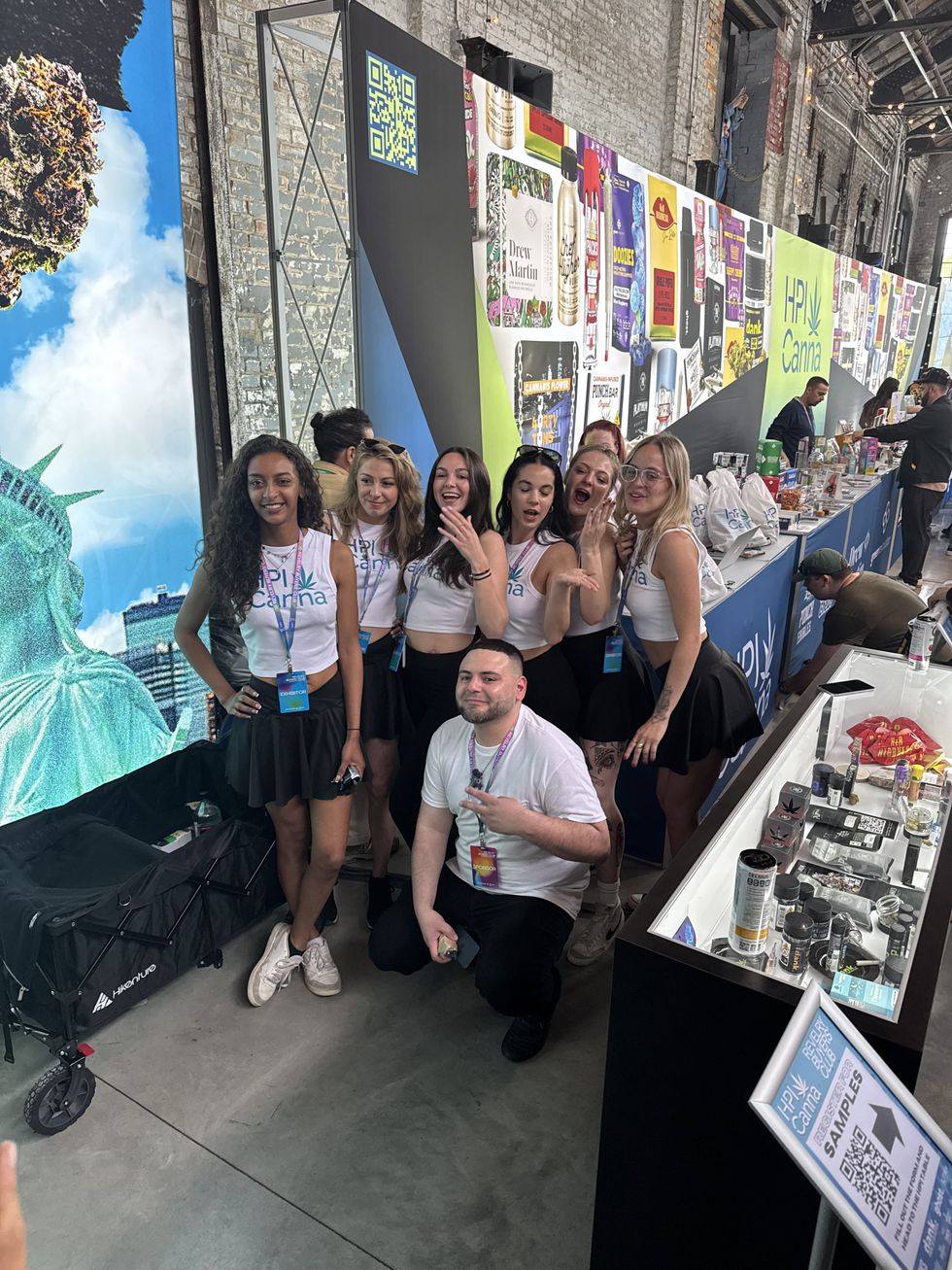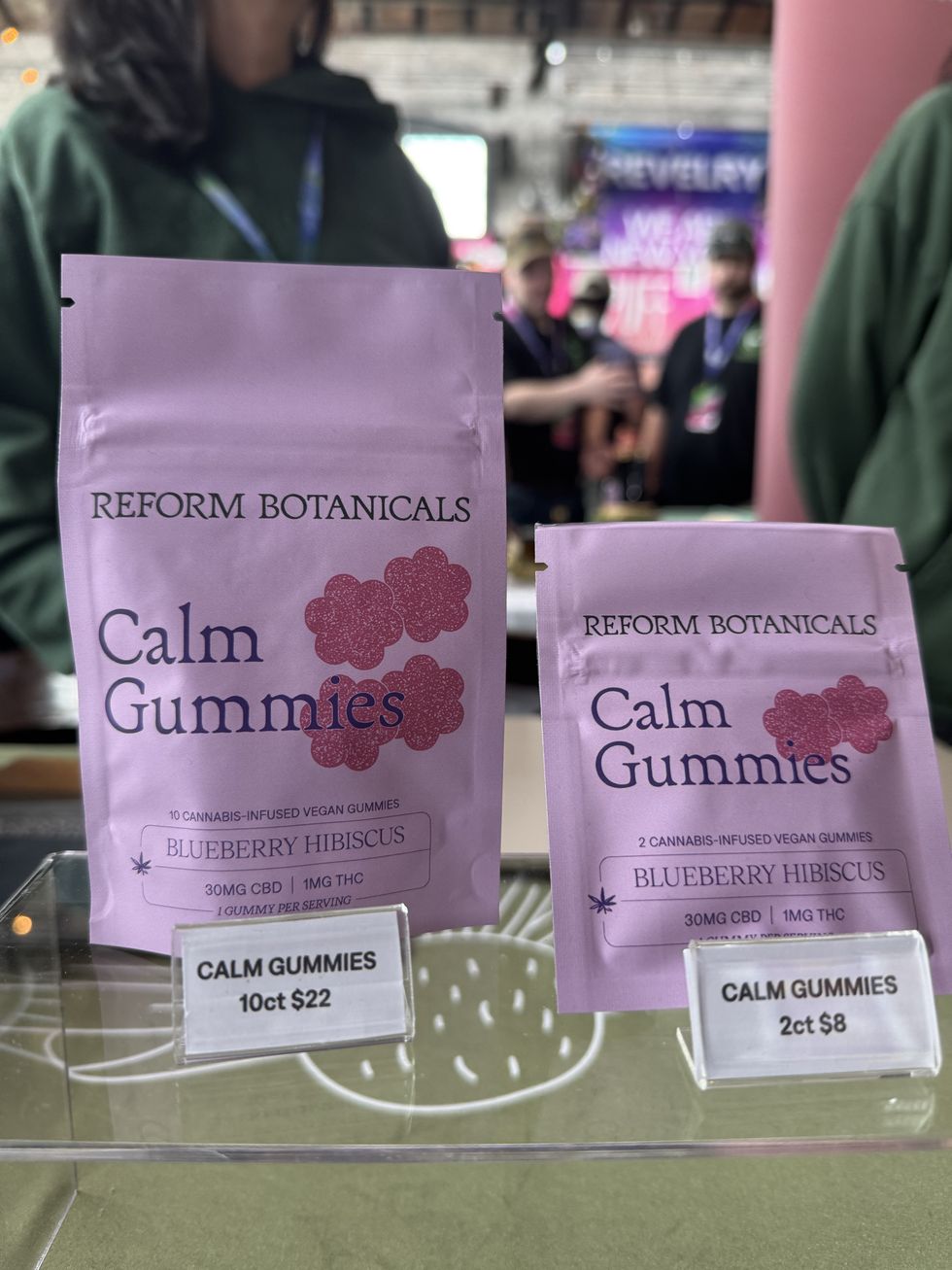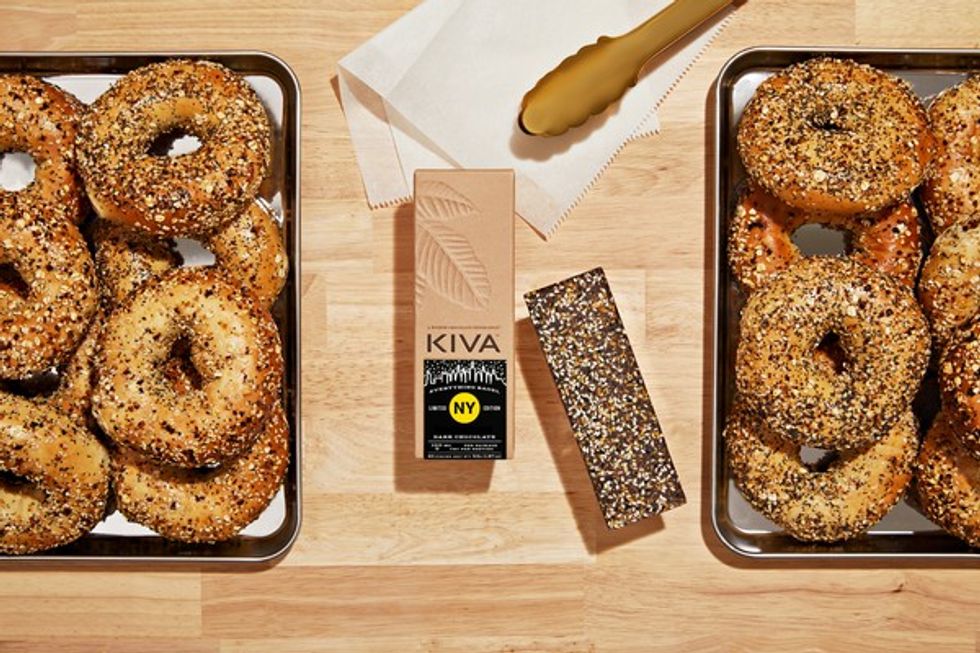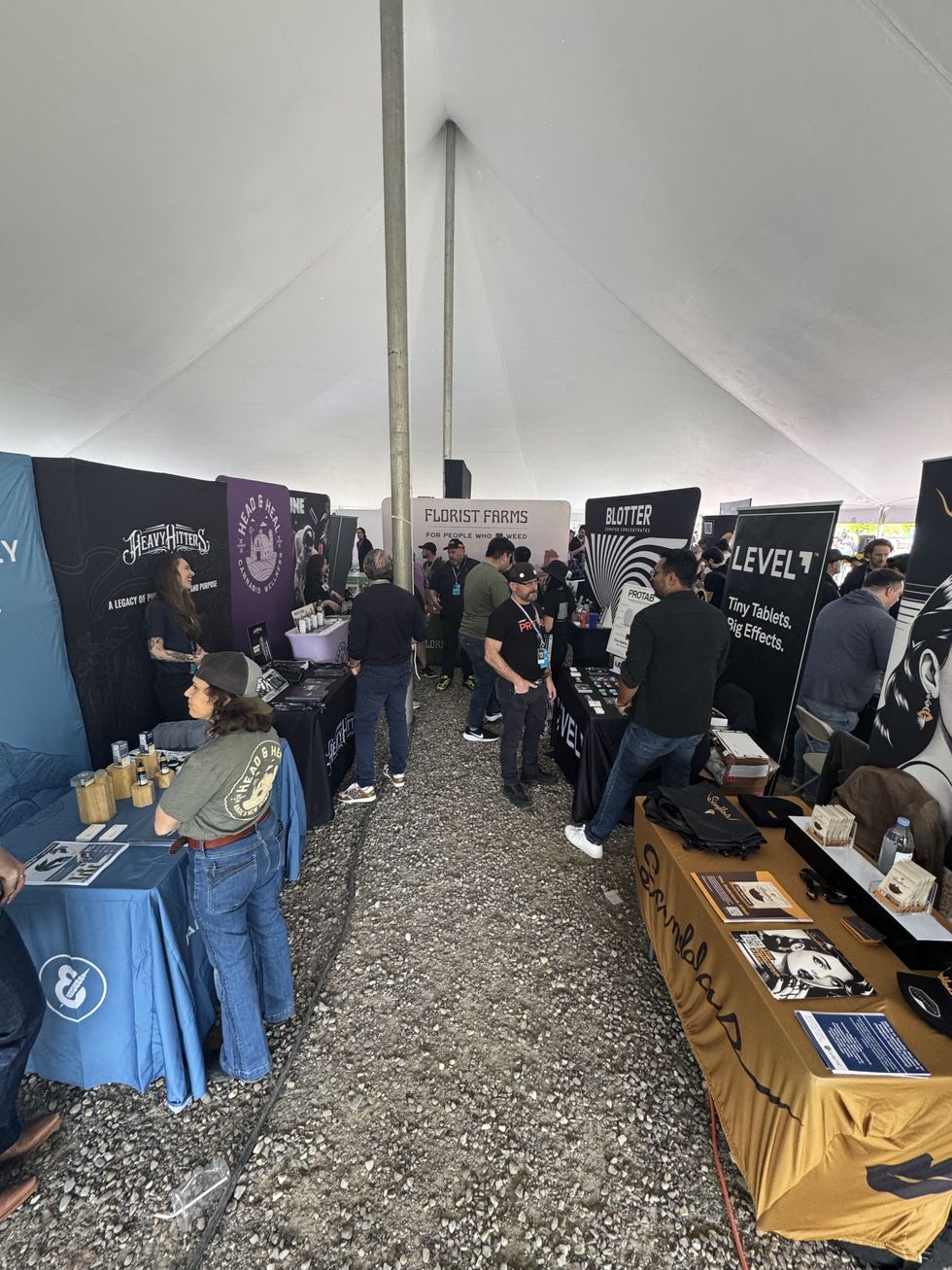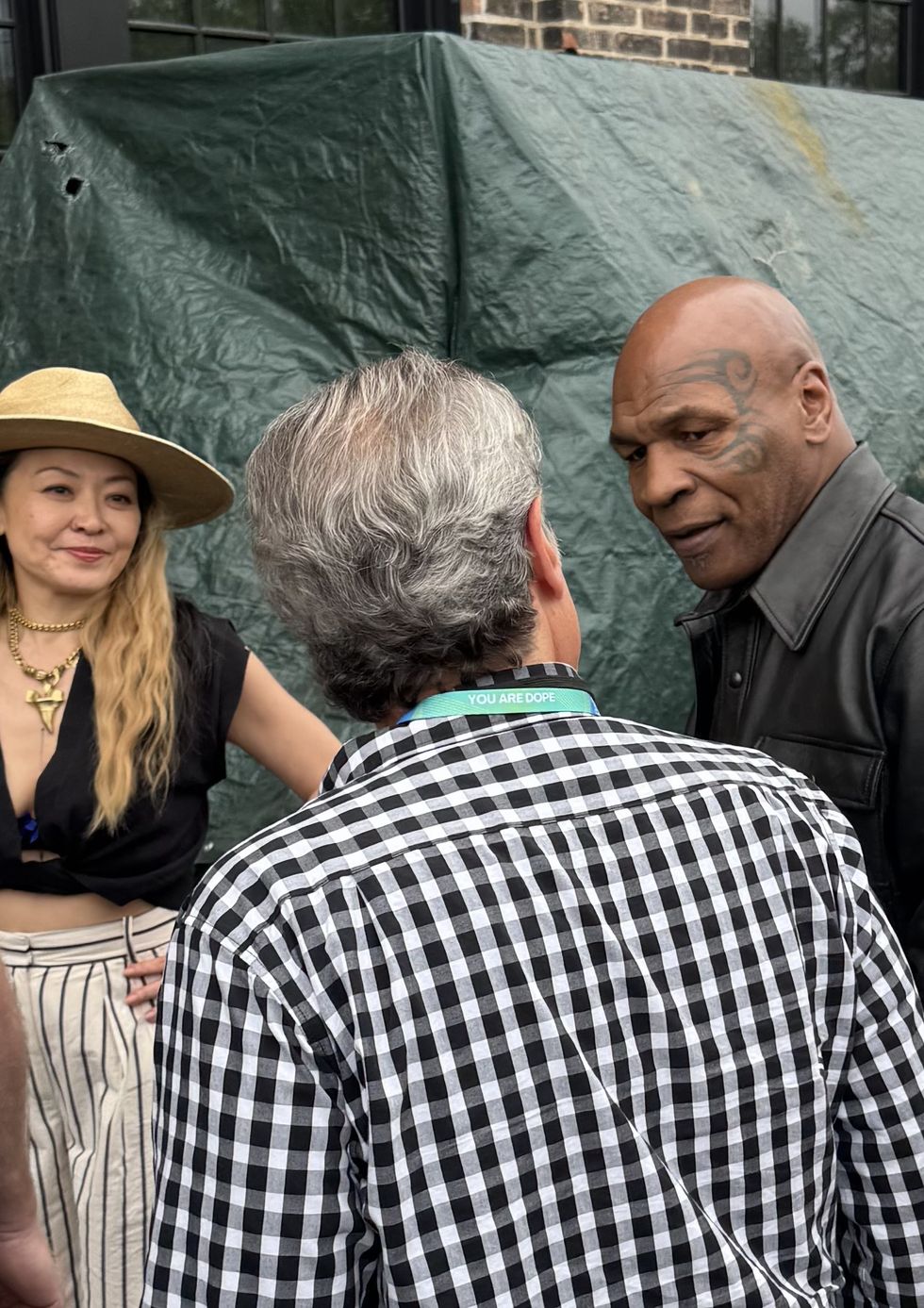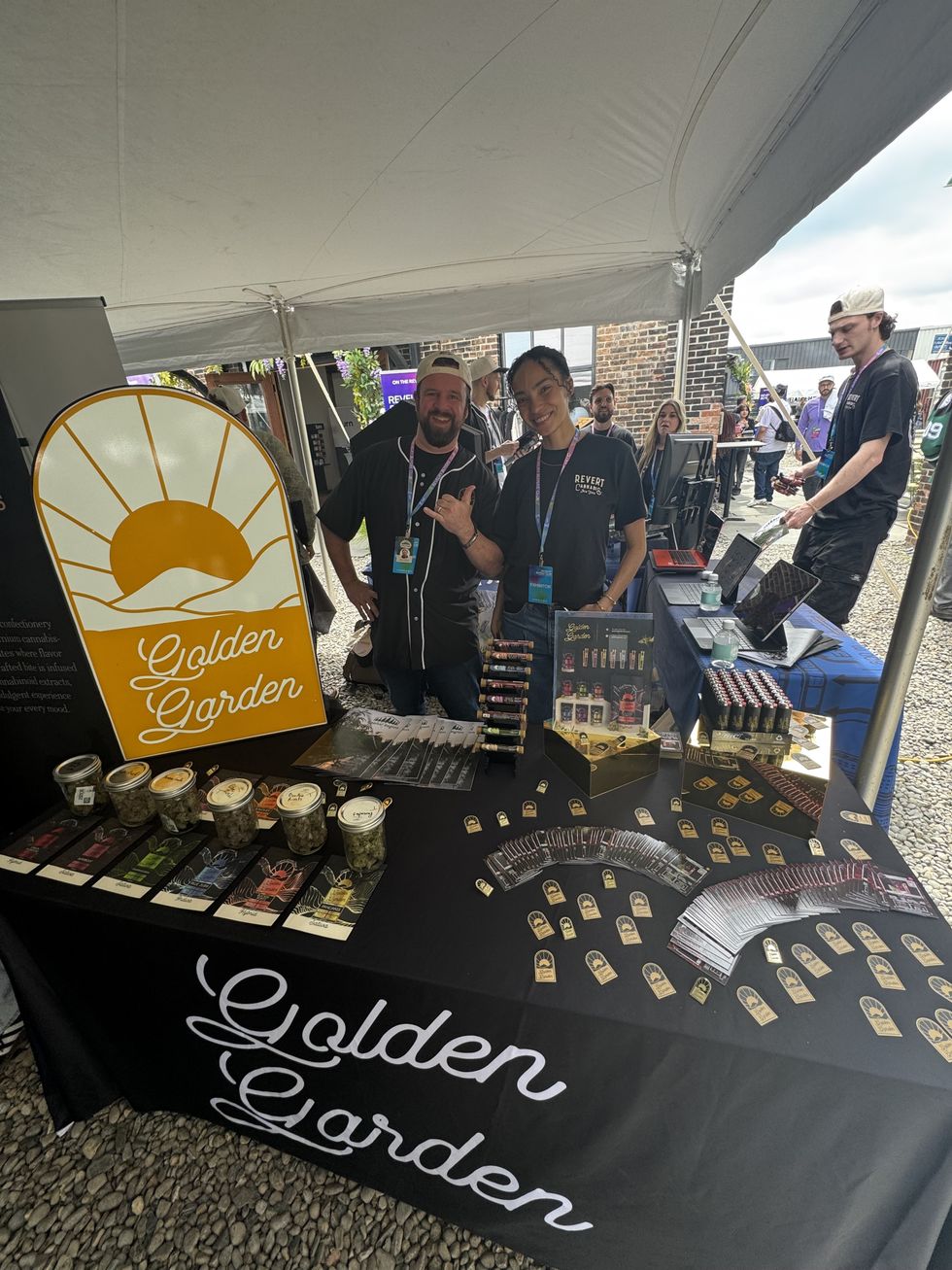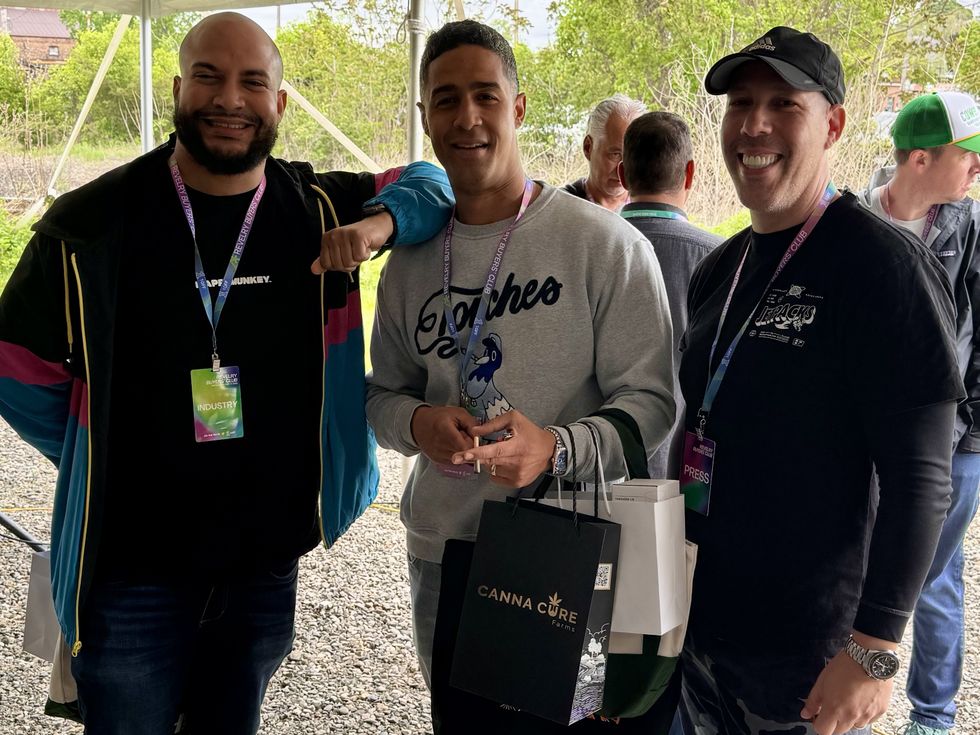The Flow State: Niambe McIntosh on the Tosh Foundation, Her Father's Legacy & More
If you’ve never listened to the music of Peter Tosh, if you’ve never done the deep dive – you owe it to yourself to do that now.
Pull up a YouTube mix, hit shuffle on Spotify, read the man’s bio – you will immediately connect yourself into the vortex of the cannabis freedom spirit.
Most people know him as the stern-looking bandmate who left Bob Marley and the Wailers and went on to record the 1976 cannabis activist anthem “Legalize It”.
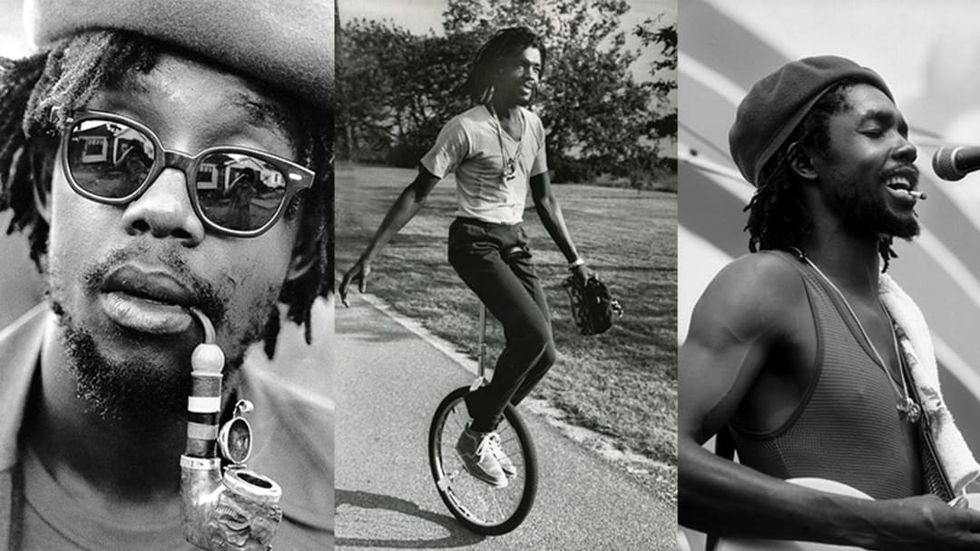
These are broad strokes for sure. And the real story of Peter Tosh deserves so much more attention than that, no matter your interest in cannabis or reggae.
Spreading and growing the Peter Tosh legacy has become the mission of Niambe McIntosh, Tosh’s youngest child.
Today, McIntosh is head of the Peter Tosh Estate and Brand, Tosh Holdings, in addition to the Peter Tosh Foundation, which focuses on legalization, social justice, cannabis education, as well as the Peter Tosh Museum.
Listen to the full interview with Niambe McIntosh here:
Paying Dearly for Cannabis Freedom
“You google his name now, and you see him with a spliff in his hand, in his mouth, in just about every picture. But many people don't know that he suffered a lot because of that,” McIntosh told The Bluntness.
In John Masouri’s 2013 unauthorized biography Steppin' Razor: The Life of Peter Tosh, one can read all sorts of harrowing cannabis stories, including one where he reportedly lit up in the middle of a flight.
Tosh believed he had a natural right to cannabis, and nobody was going to stop him from consuming wherever and whenever he pleased (and he hated cigarette smoke).
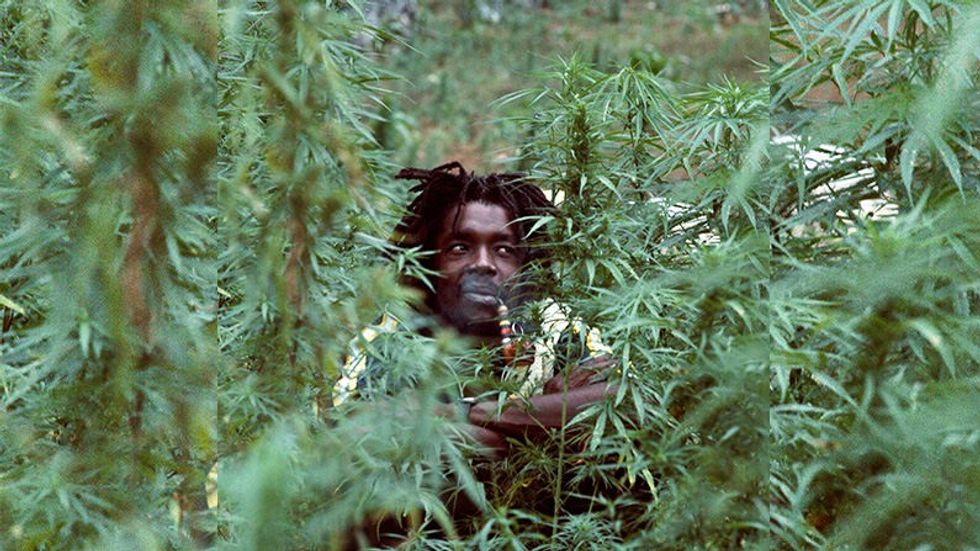
However, most people don’t know that Tosh was beaten by the Jamaican police for cannabis on a regular basis, sometimes in his own home or yard.
Not long after the One Love Peace Concert in 1978, where Tosh infamously sparked a spliff on stage in front of the Prime Minister, the police arrested Tosh for cannabis possession. And they beat him savagely, nearly to death. In fact, they only stopped when Tosh actually pretended to be dead.
“People assume that, Oh, you know, you can walk around in Jamaica just fine [with cannabis]. But he was a target, and so it wasn't an easy task, it was something that he truly did fight for and wanted to be the exemplar – cannabis being his human right to consume a plant that he knew was medicinally and spiritually beneficial.”
Tosh did not let the police beating injuries slow him down, nor the setbacks, the car accidents, the death of friends – he worked through the pain, recording new songs and albums. Today, decades later, the potency of his music is greater than ever, a message carried by rhythms and instrumentation that will ease the factures in your heart, if you let it.
Tosh’s life and work serve as a microcosm of humankind’s relationship with the herb. Suffering for cannabis freedom, cannabis as a sacrament, cannabis as a means for human connection, for healing, for creative inspiration, for balance, a medicinal remedy to help us navigate the terrible beauty of life.
A History of Violence on Repeat
The targeted brutality Tosh experienced for his cannabis use is by no means an isolated case. For decades, People of Color have been disproportionately targeted and punished for cannabis, particularly in the U.S. but other countries as well.
Tosh’s youngest son, Jawara Tosh – tragically lost his life to the so-called war on drugs, after he was arrested for cannabis possession in New Jersey and later beaten into a coma while incarcerated.
Jawara, a father and talented musician in his own right (performing under the moniker Tosh 1), spent more than three years fighting for life, his brain never the same.
In July 2020, Jawara succumbed to his injuries, passing away – yet his story remains, a story which, like his father’s, McIntosh continues to share “so that no other family can have to go through what we've gone through, and so that people can understand when we look at ways to support those that have been impacted by the war on drugs, it can't just be one or two people getting into the cannabis industry,” she said.
“It really has to look like reparations within the Black community; it has to look like programming for children; it has to look like therapy; we have to think way outside of the box to really right the wrongs and start to heal from the damage that has been done.”
Celebrating the Life and Legacy of Peter Tosh
Every year on April 20, cannabis lovers unite to celebrate their favorite plant – yet something is missing from this holiday, something to give it true substance and meaning.
After all, for many cannabis aficionados, every day is 420, right?
In 2021, McIntosh and team commemorated April 20 as International Peter Tosh Day through a virtual music festival.
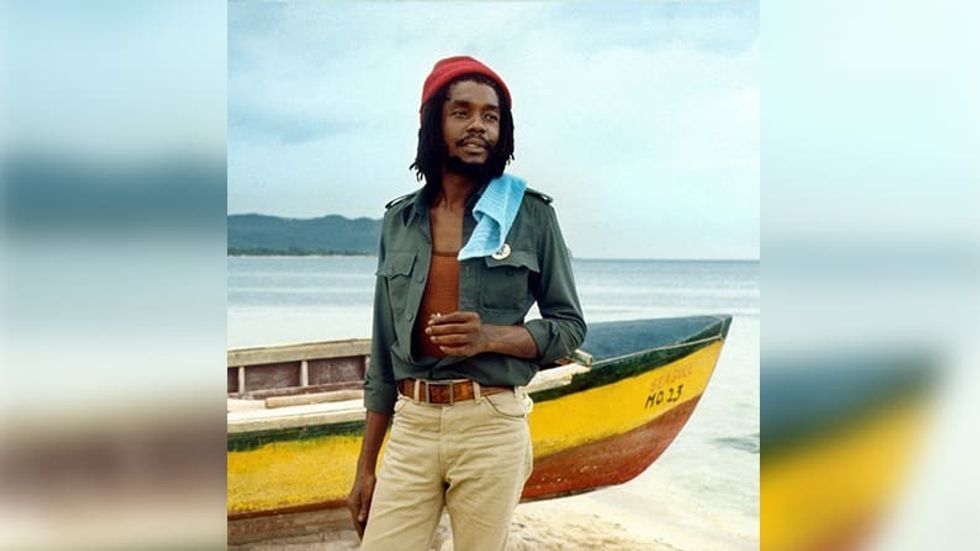
As a life-long cannabis advocate who has recently become deeply familiar with the life and work of Peter Tosh, yours truly cannot think of a more apropos designation for the annual cannabis holiday.
International Peter Tosh Day adds a sense of purpose and meaning to 4/20 that simply isn’t there otherwise.
How many people getting stoned to “Legalize It” actually know about the darker parts of Tosh’s life? The cannabis brutality, the tragic accidents, the perseverance … it was Tosh’s song that helped give rise to cannabis activism.
And while many people saw Tosh’s Rasta Warrior presence as militant, he was truly quite the opposite. He only wanted freedom.
“Although people see him in media, and knew his public persona to be very serious, he was actually a very fun-loving individual and very kind,” McIntosh said, adding that he’d taught himself to play over 20 instruments. “My mom used to say that if you're hanging around with him, you’re just laughing all day.”
He was charismatic and liked to joke a lot, she continued. He would even ride a unicycle on stage.
“He liked to always give people around him opportunities to make a little bit of money, and he’d always share his ganja. He was a kind, kind soul, and I think that's something that many people didn't see in the public eye.”
Need a little more Bluntness in your life? Sign Up for our newsletter to stay in the loop.
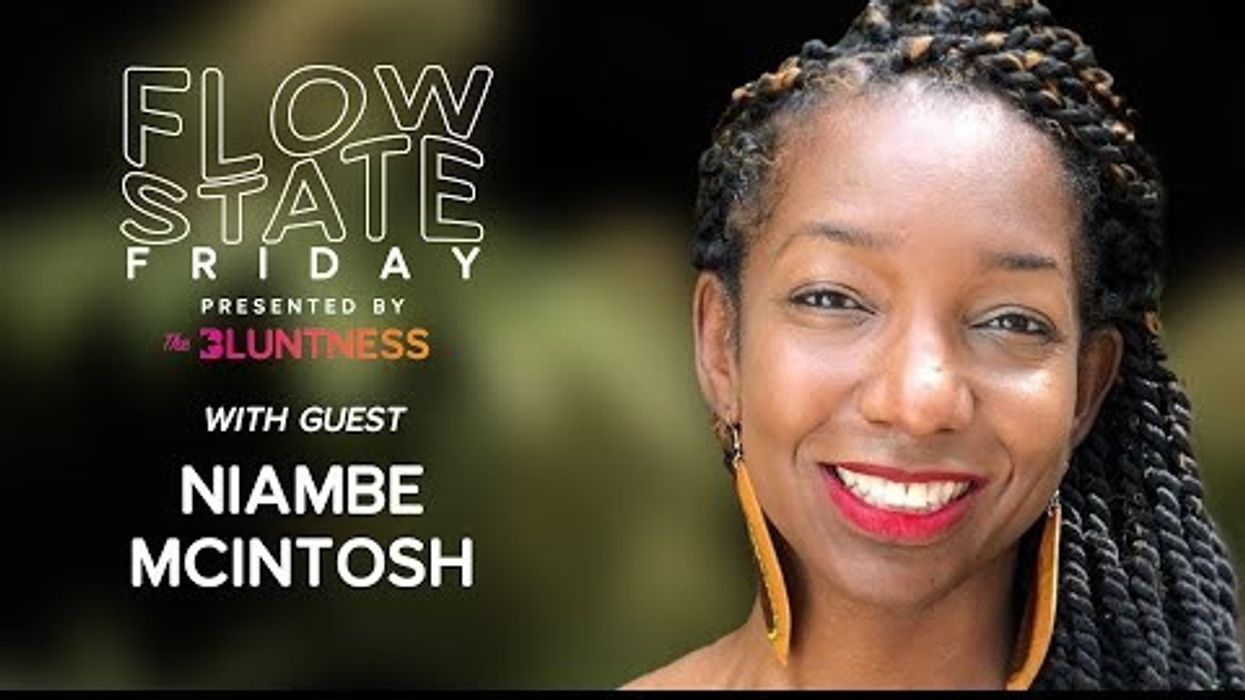


 How much are you paying for your weed?
How much are you paying for your weed? 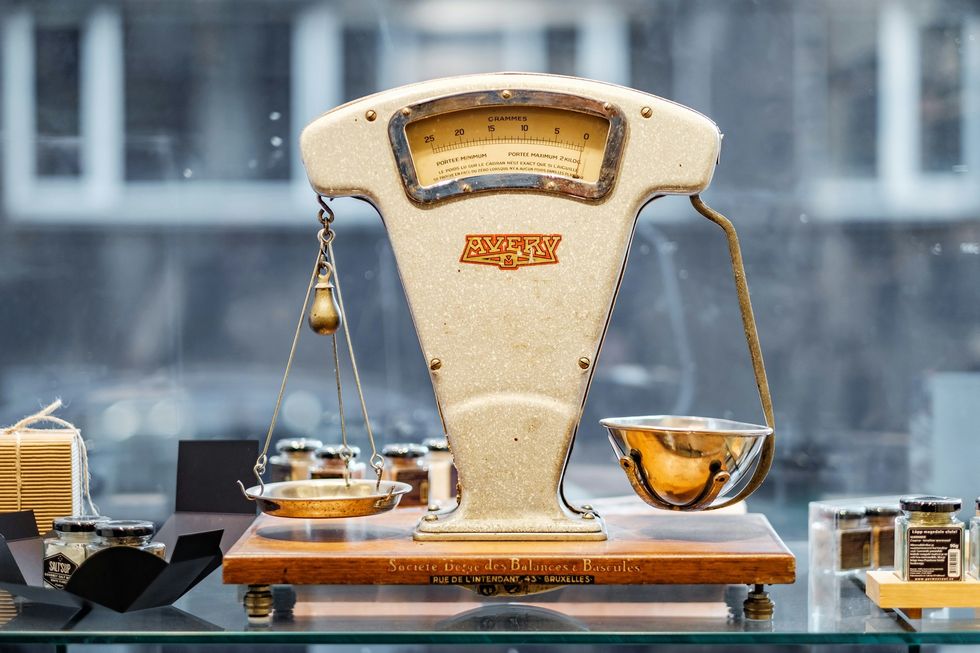 Complete 2026 cannabis pricing guide - The Bluntness Photo by
Complete 2026 cannabis pricing guide - The Bluntness Photo by 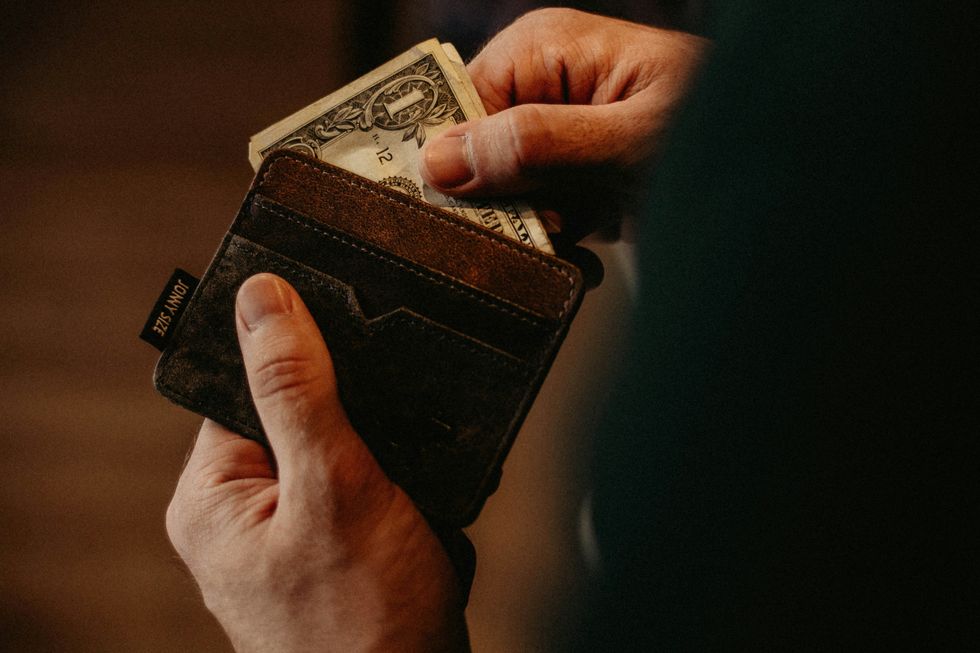 How Much Does Cannabis Actually Cost in 2026? The Complete Price Guide by State and Quantity - The Bluntness Photo by
How Much Does Cannabis Actually Cost in 2026? The Complete Price Guide by State and Quantity - The Bluntness Photo by 
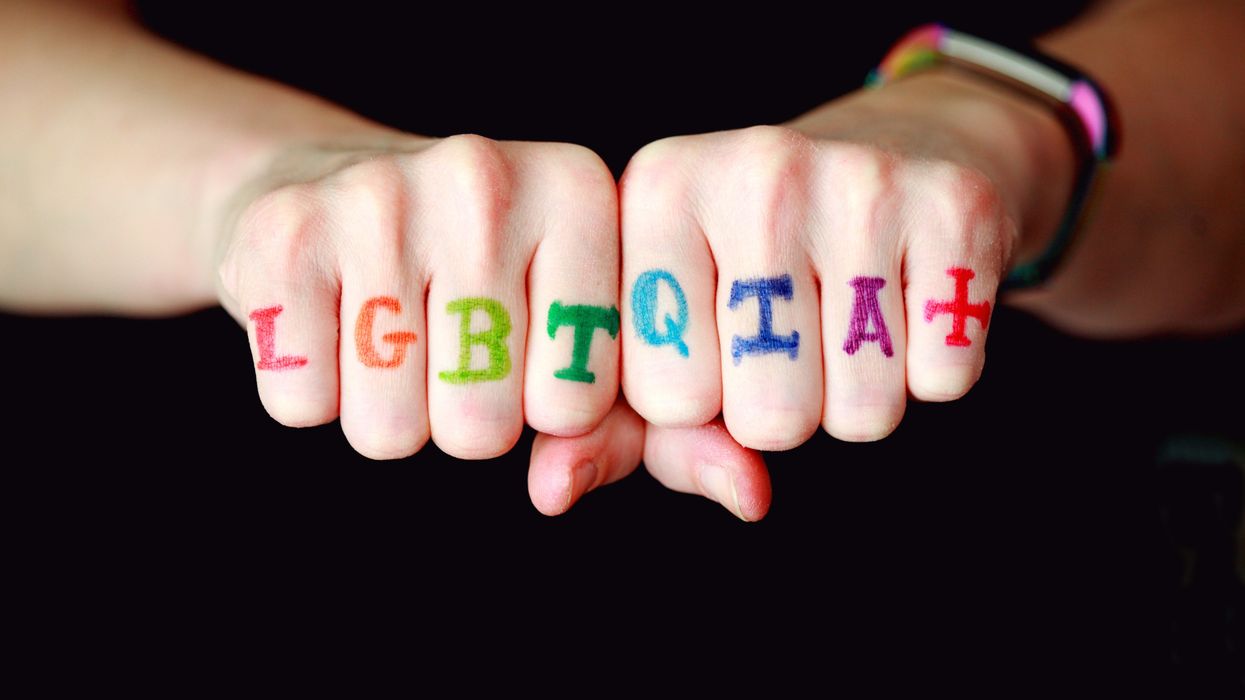
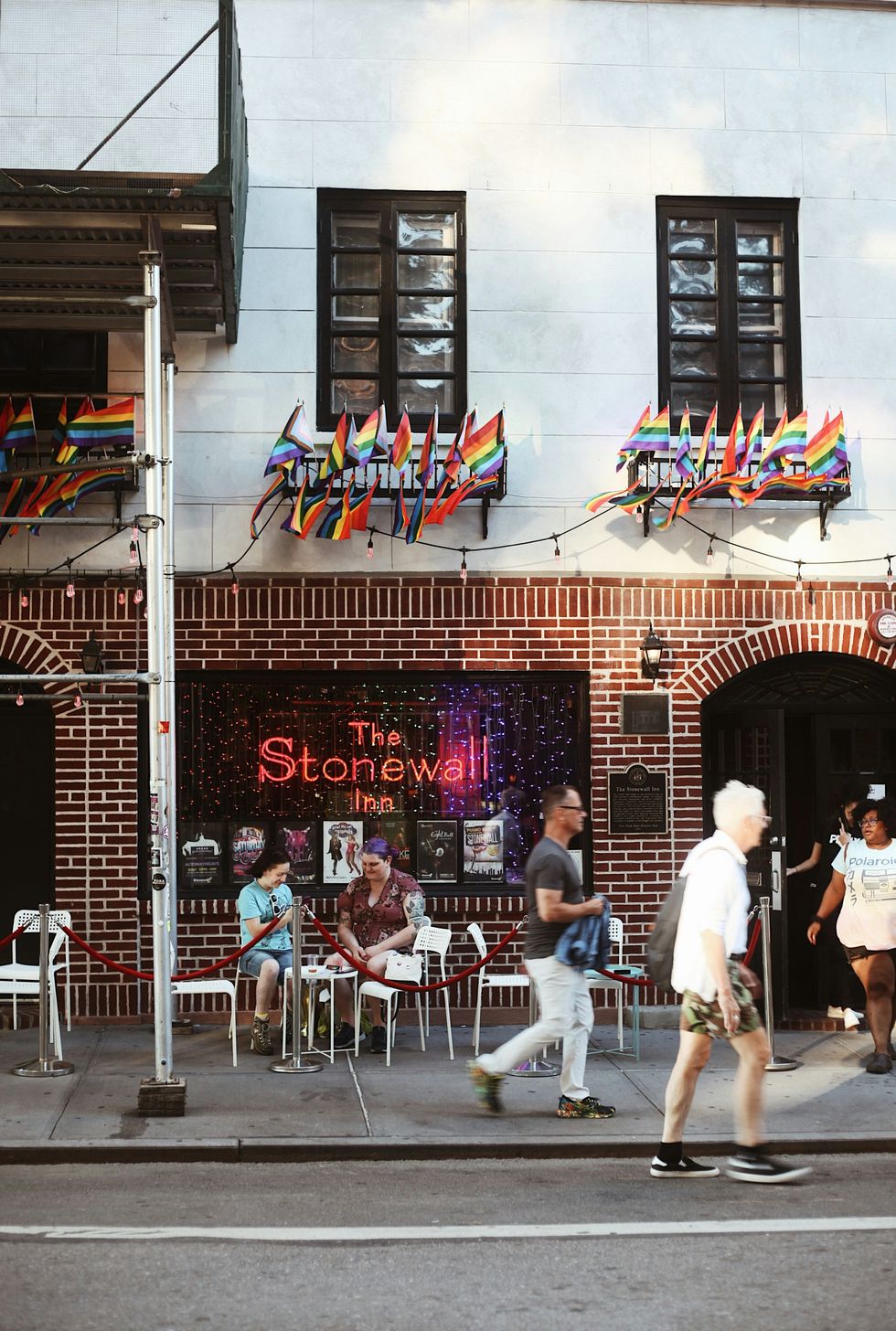 From Stonewall to Street Activism: The Rise of LGBTQ+ Advocacy - The Bluntness Photo by
From Stonewall to Street Activism: The Rise of LGBTQ+ Advocacy - The Bluntness Photo by 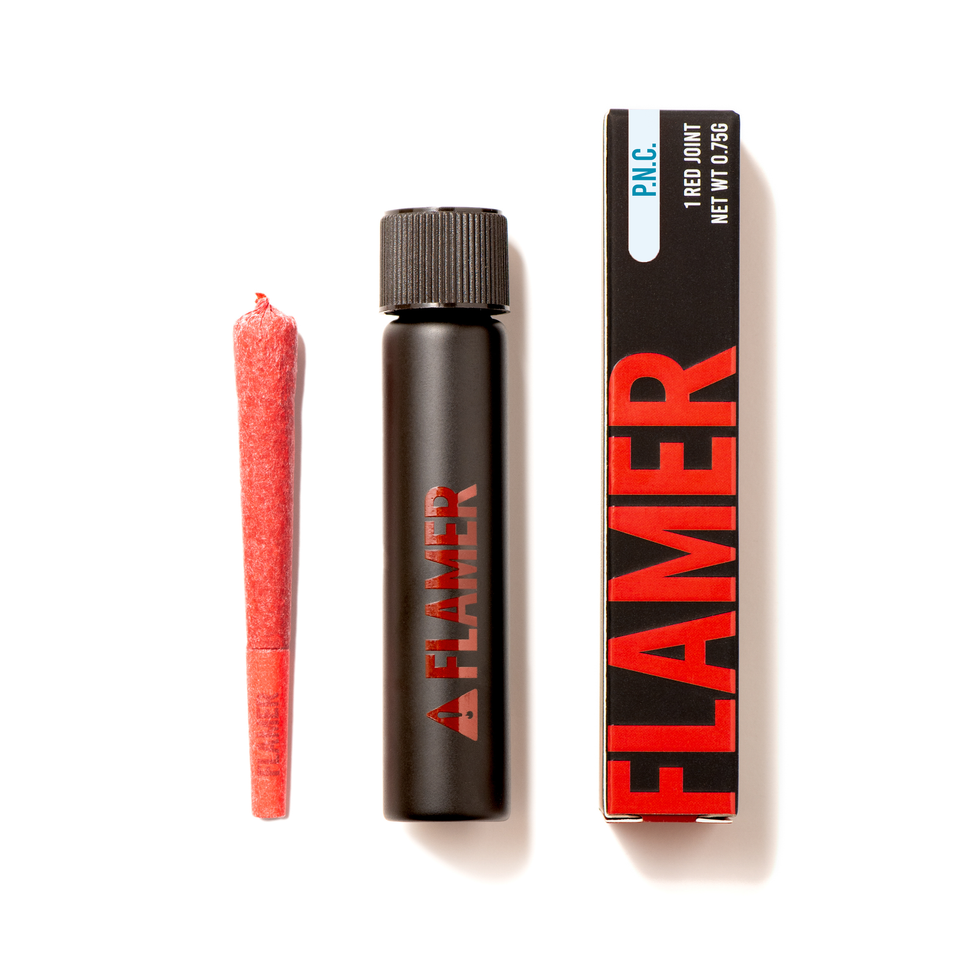
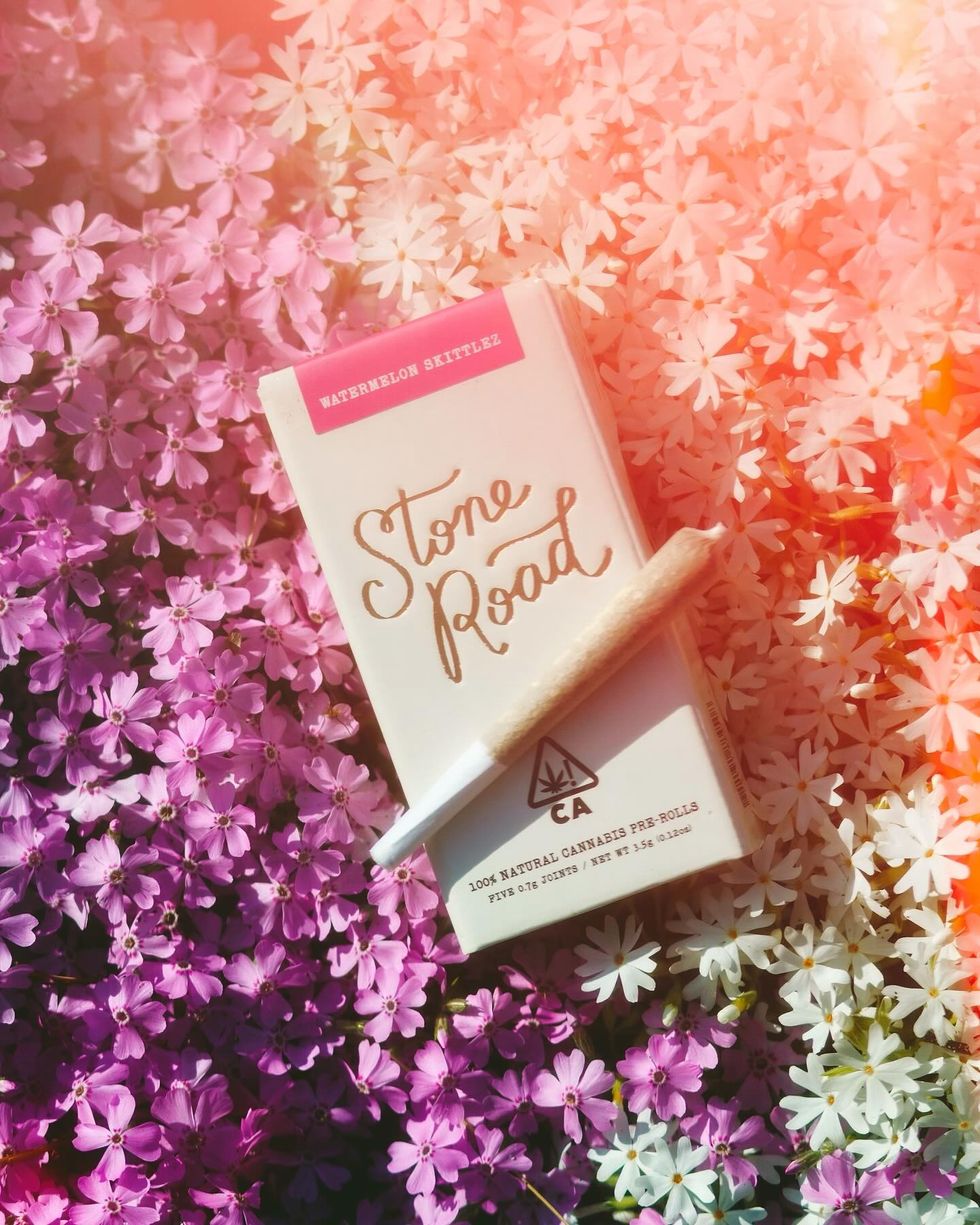


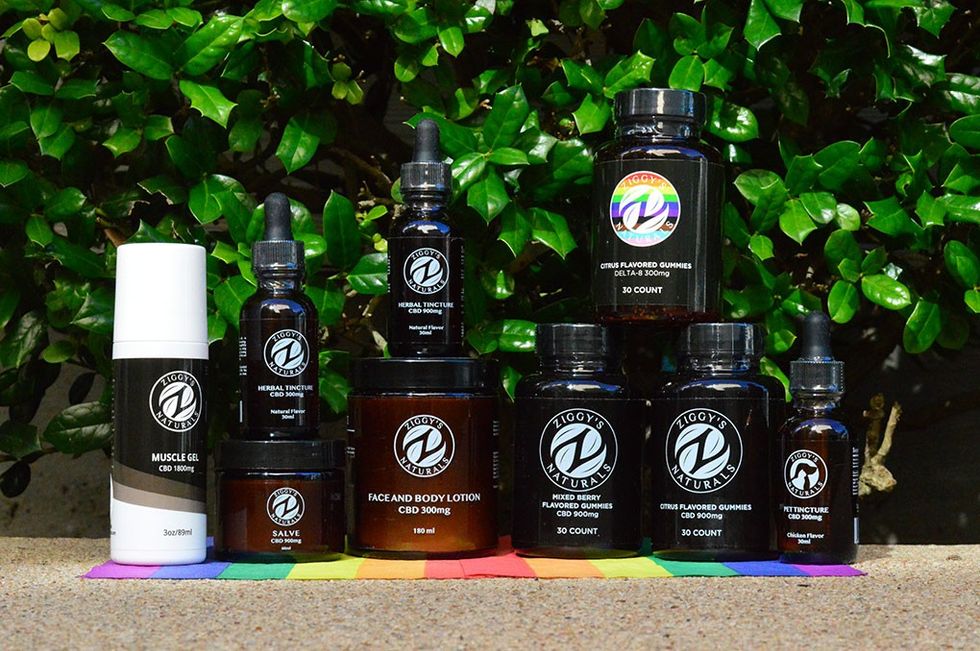

 Example of sexually suggestive content that's rampant on our Instagram feeds and under Explore sections.
Example of sexually suggestive content that's rampant on our Instagram feeds and under Explore sections.  Examples of sexually suggestive content that's rampant on our Instagram feeds and under Explore sections.
Examples of sexually suggestive content that's rampant on our Instagram feeds and under Explore sections. 





